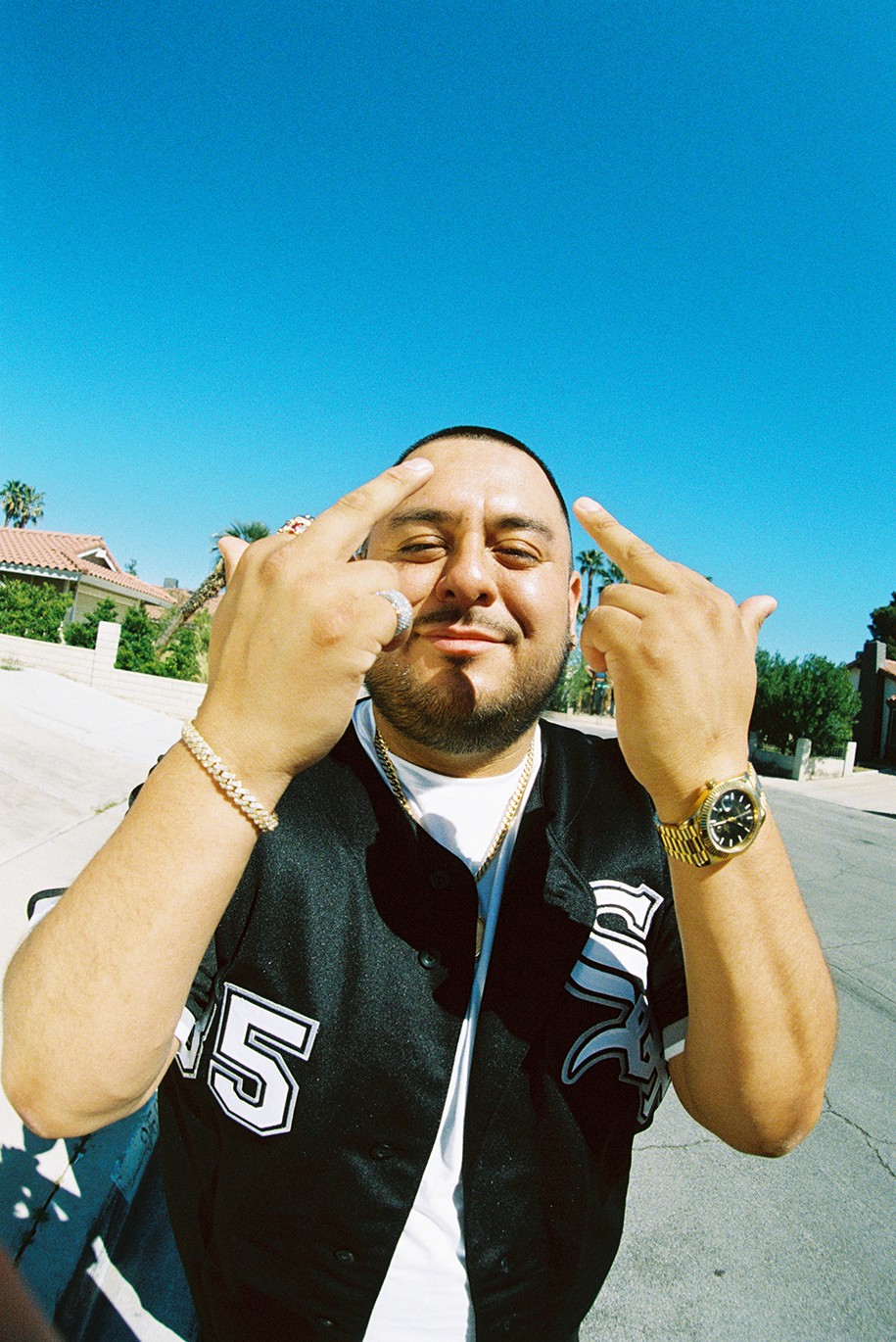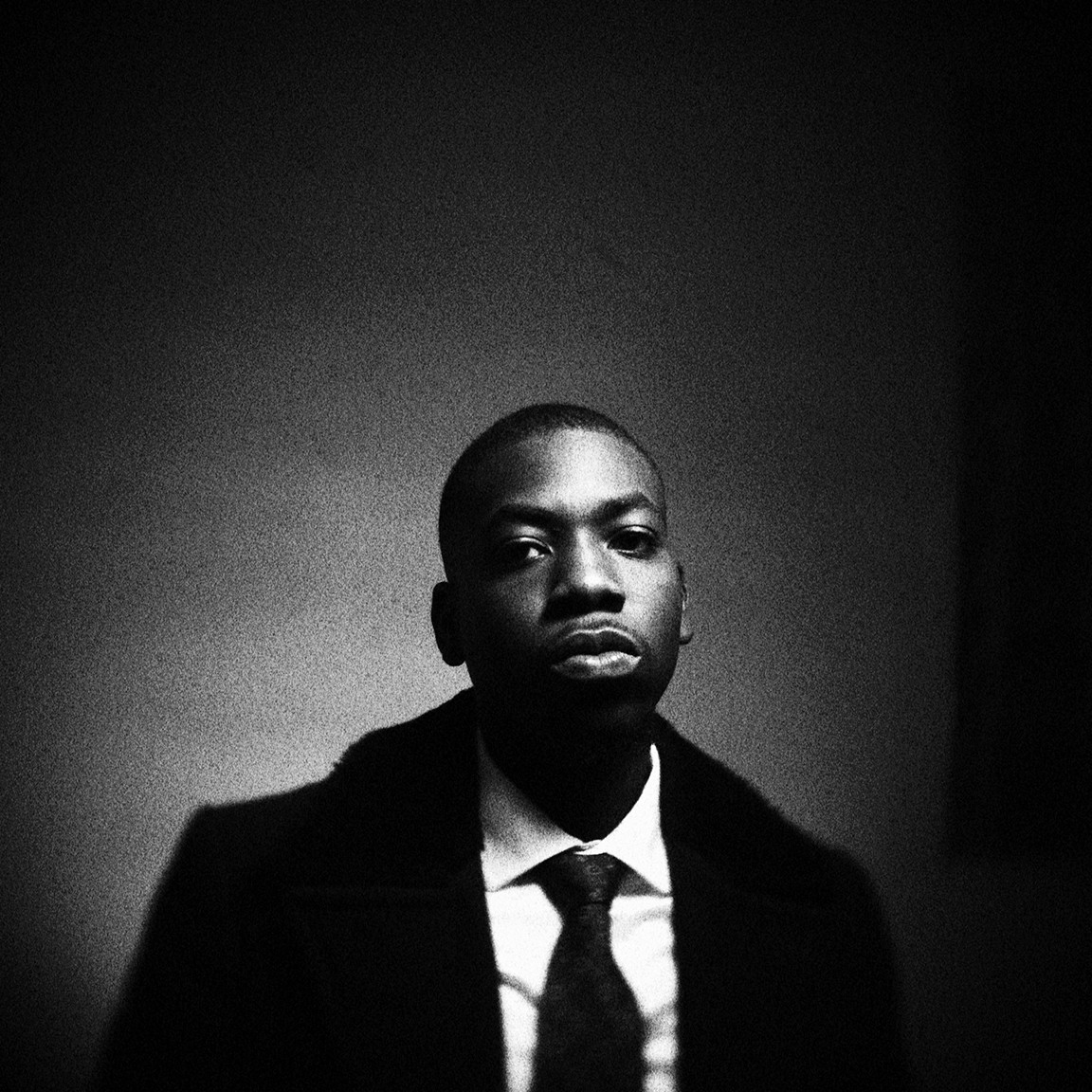Exclusive Interview
Aug 28, 2024
Produced by: Andrej Aroch
Edited by: Andrej Aroch
Ken Lewis – Grammy-Winning Producer Behind Kanye West, BTS & Wu-Tang
Grammy-winning producer and engineer Ken Lewis stands out with a diverse discography that spans over 30 years. With credits on 114 RIAA Gold records and 79 Billboard #1 hits, Ken's expertise covers a vast range of genres, from hip-hop and pop to K-pop and blues. Drawing from decades of experience in various roles, Ken has collaborated with top-tier artists such as Taylor Swift, BTS, Kanye West, and Lady Gaga. In this interview, Ken shares insights into his musical journey, beginning with childhood guitar lessons, his evolution from tracking engineer to mix engineer and producer, and his experiences working on iconic projects like Kanye West's "All of the Lights" and Wu-Tang Clan's Once Upon a Time in Shaolin.
"You can't replace drive in this industry. Drive is everything"
- Ken Lewis
How did you first get interested in music? Did you play any instruments growing up?
When I was eight, my friend Bruce got a guitar, and I begged my parents for two years to get me one too. They finally did when I was 10, and I started taking lessons from Bruce’s guitar teacher. That was the start of my musical journey. At 16, I took music theory classes in high school, which helped me get into Berklee College of Music in Boston. I graduated from Berklee in 1991 in music production and engineering.
You're both a producer and also a mixing and recording engineer. I wonder which came first?
Professionally, I started as a tracking engineer. In the '90s in New York City, I was a freelance tracking engineer from about 1995 to 1998. In 1998, I made the switch to being a mix engineer. The challenge was that people who saw me as a tracking engineer didn’t see me as a mix engineer. So, I had to stop taking tracking work, turning down daily offers and focusing only on mixing. I lost a lot of money the first year, but after about a year, people started hiring me solely as a mix engineer.
The same process applied to becoming a producer. In America, if you're seen as a mix engineer, you're not seen as a producer, especially in pop, urban, and hip hop. Around 2012 or 2013, I decided to stop seeking out mix work and called myself a producer. It took time, but eventually, I established myself. Now, I juggle all three roles equally well, with great credits and credibility in each. However, navigating this business while doing multiple roles is challenging, and I do not recommend it.

What was your personal reaction to the concept of Once Upon a Time in Shaolin being a single-copy album? Did this affect your approach to mixing it in any way?
The original vision was to sonically take Wu-Tang back to around their second album. I had a sonic guide to refer to, as I could go back and listen to that album. My establishment in New York City in 1993 was in hip-hop; I worked with everyone in the East Coast '90s hip hop scene and many West Coast artists as well. I'm very familiar with the sound and techniques of that era, and I aimed to bring an authentic mix from that period to the project.
I mixed on an analog SSL AWS 900+ console, minimizing the use of plugins. I used a real EMT 140 plate reverb, and that was the majority of how I mixed it. The hardest part was not overdoing it. Wu-Tang has a raw, street feel. If you polish them up too much, you lose that essence. As a mixer, you're constantly balancing feel and sonics. For Wu-Tang, feel always had to win.
Mixing that album was a huge honor. It's crazy to think I got called for it.
Did you know before that this was going to be released as a single copy?
Yes, they told me while we were working on it. I couldn't even tell my manager I was mixing it. The day I could finally tell him was when they announced the project, and it hit every news outlet worldwide. I distinctly remember being at JFK Airport, about to fly out, when my manager called me, saying, "Bro, do you hear about this Wu-Tang stuff? What the hell is this?" I told him, "Sean, I have something to tell you. I mixed that entire double album." He was shocked, but I explained that I couldn't talk about it to anybody until it was publicly announced.
The secrecy was intense, but it was such a fun record to make. It felt like being in a time warp, taking Wu-Tang back to their sonic roots.
You have mixed many US hip-hop or pop records, but you also work with BTS. I wonder if the mixing process for K-pop differs from that of American music, are any specific techniques or considerations unique to K-pop?
No, not really. In fact, I think BTS began hiring me because they knew I was an American mixer who also knew how to mix K-pop. I started mixing for the biggest artists in K-pop back in 2008, beginning with Rain, who was like the Michael Jackson of Asia at that time. I think that's how I got the BTS gig. Initially, they seek you out because they want that American sound. As they evolve as artists, they want to sound like themselves, and you've helped them craft that sound.
When I mix for foreign artists, I don't approach it differently than mixing for American artists. If they're coming to me, I focus on the song and aim to deliver the best mix for both the song and the artist.
Is there a particular production of yours that you value highly for its artistic quality, even if it didn't achieve significant commercial success or widespread recognition?
Yes, the Skrizzly Adams “Young Man” album. That album is packed with amazing songs with amazing performances of those songs. Me and Brent Kolatalo produced that album and I’m very proud of it, and I think its an album I can drop the needle on in 20 years and still love it just as much.
I wonder if you still have some dream artist you didn't collaborate with, but you have at the top of your list.
I mean, there's always Billie Eilish. She and Finneas are a genius record-making team. I would love to do anything with those guys. I'm a big fan of amazing singers, whether they're known or unknown. I love being in the room with amazing singers or just amazingly creative people in general. It's always fun to be around that kind of talent.
Those are the types of sessions I hope to stumble into or seek out. Recently, we had a bunch of those sessions with A.Y. Young and Anushka Sen, both United Nations youth ambassadors. Anushka is the India youth ambassador, and A.Y. Young is the American youth ambassador. We're working on a musical project together, and it was three days of nonstop creativity.
What's your opinion on using AI in music? Do you think it's going to change the music industry in the coming years?
Yes, I think AI will drastically change the music industry. It already has to some extent, though perhaps not drastically yet. There is no creative lane that AI will not touch. AI will soon be capable of mixing, and it already handles mastering. It’s also involved in songwriting and production at a pretty high level.
It will be much harder for young producers and songwriters to break through because of the competition from AI. I’ve used AI a bit myself, as a tool to help me reach the finish line. People need to understand that AI is not going away. It's unfortunate that it’s been unleashed, but it’s here to stay, and there's no putting it back in the bottle.
You can either embrace it and find where it benefits you or let others pass you by. It's just tech, like autotune. When autotune first came out, many people ignored it, thinking it was artificial. However, those who embraced it thrived and worked more.
Do you have any advice for up-and-coming producers on how to build a name for themselves and start working with artists?
Creative people need to understand that achieving success is a journey. You might see someone like me and think, "I want that." But what you don't see is the absolute river of challenges I've had to swim through to get where I am. There's often a healthy amount of pain and suffering in this business to get what you want because everyone else wants the same thing.
The only way you're going to get what you want is to outwork everyone else who is as talented or more talented than you. There's always going to be people more talented than you, but you can outwork them. I never thought I was the most talented person. Most of my talent comes from experience—being in the room, doing it a thousand times, working with other incredibly high- level creatives, and learning from them.
You can't replace drive in this industry. Drive is everything.

Can you share some projects you’re currently working on?
We're just wrapping up the Taj Farrant album “Chapter 1”, out August 28th. Taj is an Australian blues guitarist and vocalist who just turned 15. We recorded the entire album when he was 14. I've rarely seen anyone play like him, and I've seen a lot of great players. We're producing his first album, a contemporary blues album, and we're hoping to lobby for a Grammy nomination for Best Contemporary Blues Album once it's released.
Follow Ken Lewis on Instagram: @kenlewisproducer, @MixingNightAudio
More Blog Posts
See our latest blogs















